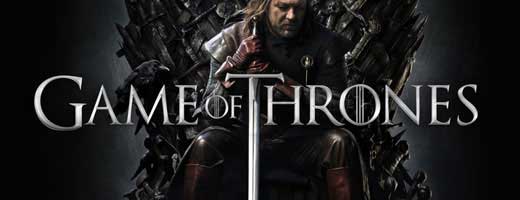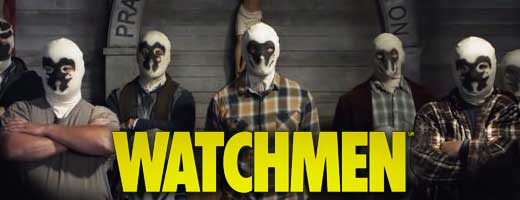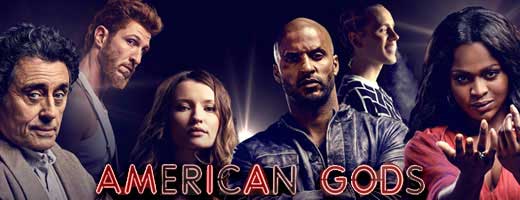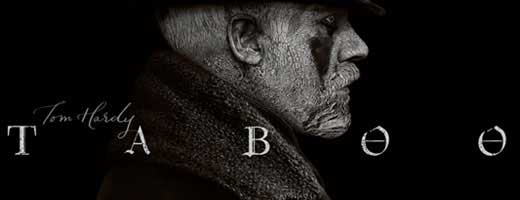Westworld Theory

Have a Theory? Share It Now!
Hi, guys!
Greetings from the Netherlands,
You created a great podcast, I really enjoy listening to all the theories you discuss. I am dutch, my English isn’t great, the text is a little bit long, but I hope some of my theories gets trough.
William
Now, listening to the podcast last night I started to dwell a little on the possibility that William might have killed the young soldier or that he even just considered it. Because it has huge implications on how he perceives the reality in wich he is in.
What made William different from most of the guests in Westworld was the fact that he didn’t draw a clear line between, what is real on the outside of the park, and what is real inside the park. His behavior was the same all over and his sense of morality and humanity was the same. Of course, he did question it a little in the beginning, but he seemed to be quick in accepting that there was no distinction between the hosts and the visitors and that they should be treated the same.
Every other visitor treats the park as a separate reality, simply turning into mad, horrifying violent monsters, with the man in black as the true embodiment of madness, slaughtering hosts with the single purpose of finding the true meaning of it all.
William, up until the point he hinges over the young soldier, didn’t participate in the madness yet.
Now if he did kill or maybe even just thought for a split second of killing him, he has to re-evaluate the nature of reality again, with the possibility of also descending into madness. His dilemma is to accept that he also might be a killer, live with the guilt and see Dolores as a conscious being. Or give Dolores up, see her simply as a sophisticated unconscious machine and live guilt free (like bernard).
Now I think you see a pattern of behavior around the same idea true out Westworld.
What happens when you lose your sense of reality. Both the hosts and the guests suffer from it. Like Ford already told, there is no distinction between the consciousness of the hosts and the machines. And both live or try to live guilt free.
Timeline theory
I don’t think, Bernard evaluating and instructing Dolores, happened in a different timeline.
Actually, I have a vague memory of Ford implying that he knew exactly what Bernard was doing (sorry, don’t remember what episode). In that case, he might have even instructed Bernard to do so. What implies that Ford does want the host to question their reality. I think Dolores is his final experiment to see if she doesn’t descent into madness when faced with it and finds a way out of the maze (the maze being madness).
Ford
Ford has his own weakness in the story. He thinks he can control the whole project. He even tried to convince Theresa he was totally in control when he took her dining. But I think there is just one thing he didn’t foresee and subsequently lost control over, Maeve.
Arnold
Arnold’s story is I think a creation myth, used by Ford.
Man in Black back-story
The Man in black, I think, is just a tragic figure. His back-story seems very plausible and the tragedy is the fact that he is trying to escape his sense of guilt, going mad, became a monster, not seeing that he is actually already in the maze.
– Joachim
Subscribe Now
- Android: https://shatpod.com/tv/westworld-android
- Apple/iTunes: https://shatpod.com/tv/westworld-itunes
Help Support the Podcast
- Contact Us: https://www.shatpod.com/contact
- Commission Movie: https://www.shatpod.com/support
- Support with Paypal: https://www.shatpod.com/paypal
- Support With Venmo: https://www.shatpod.com/venmo
- Shop Merchandise: https://www.shatpod.com/shop
- Shop Amazon With Our Affiliate Link – https://www.amazon.com/?tag=shatmovies-20
- Theme Song – “The Ecstasy Of Gold” (Hip Hop Instrumental Version) by Dj 2 Bad
- Outro Music – By Simon Eric Haywood






